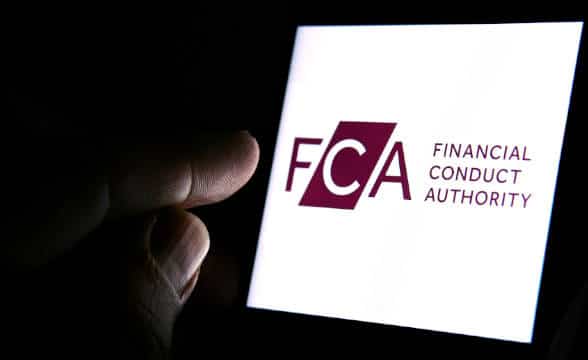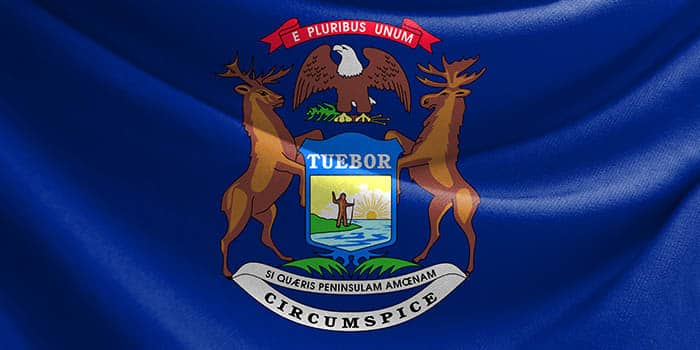- Casino
- By State
- Alabama
- Alaska
- Arizona
- Arkansas
- California
- Colorado
- Connecticut
- Delaware
- Georgia
- Florida
- Hawaii
- Idaho
- Illinois
- Indiana
- Iowa
- Kansas
- Kentucky
- Louisiana
- Maine
- Massachusetts
- Maryland
- Michigan
- Minnesota
- Mississippi
- Missouri
- Montana
- Nebraska
- Nevada
- New Hampshire
- New Jersey
- New Mexico
- New York
- North Carolina
- North Dakota
- Ohio
- Oklahoma
- Oregon
- Pennsylvania
- Rhode Island
- South Carolina
- South Dakota
- Tennessee
- Texas
- Utah
- Vermont
- Virginia
- Washington
- West Virginia
- Wisconsin
- Wyoming
- By State
- Slots
- Poker
- Sports
- Esports
FCA Seizes $2.6M from QPay over Transactions to Online Gambling Businesses

The UK Financial Conduct Authority (FCA) has seized a total of £2 million ($2.60 million) from QPay Europe. The money has been tied to a $150 million bank fraud that took place in the United States.
What’s QPay Connection to the Bank Fraud?
The FCA has not openly stated whether it considered QPay a complicit party but flagged a pattern in which the payment processing company rapidly cleared transactions that ended up with what the watchdog considered illegitimate businesses across several companies.
QPay originally received the funds from a Fintech International Q Software WLL. Those funds were reportedly an investment. The transaction only came into the focus of regulatory scrutiny because QPay had applied to be regulated by the FCA a few years ago, meaning that it needs to pertain to much stricter anti-money laundering criteria.
The seal of approval of a major regulatory authority such as the FCA ensures that a company can access international markets and operate in some of the biggest jurisdictions.
While QPay has no direct involvement in the alleged fraud, the case is serious enough to mandate more serious action on behalf of the FCA. The regulator was responding to a $150 million illegal and high-risk payment fraud that took place in the United States.
Four US citizens were arrested as part of a group that was trying to trick banks and credit card companies in the country to process illegal payments. The ones that stood out were those to online gambling businesses, often used as mixers to ensure that the origin of the funds is obfuscated. Other businesses that received funds were debt collection and prescription drugs merchants, and other high-risk firms.
Actively Trying to Build up a Good Name
Allied Wallet was the entity the suspects worked for when attempting to defraud banks in the United States. Allied Wallet CEO Ahmad Khawaja was arrested in Lithuania in 2020 and the US has been attempting to extradite the man since then, with the status of the proceedings not immediately clear.
According to investigators, Allied Wallet employees tried to convince banks and credit card companies into making the transfers to high-risk or illegal businesses. The trio and their boss worked on the creation of fake profiles for the companies online and shell companies with websites that were supposed to convince banks that they were dealing with low-risk businesses instead.
Khawaja may have been able to avoid detection at first, trying to build up a good rapport with Democratic and Republican politicians starting as early as 2015. These findings were based on an extensive Associated Press investigation.
Although Fiona doesn't have a long-spanning background within the gambling industry, she is an incredibly skilled journalist who has built a strong interest in the constantly growing iGaming network. The team at Gambling News is glad to have her on our roster to help deliver the best stories as soon as they hit. Aside from writing, she loves to dabble in online casino games such as slots and roulette, both for her own enjoyment and also as research to better improve her understanding of the industry.
Must Read
Casino
June 30, 2025
Man Admits to Laundering Cocaine Money Through Casinos

















